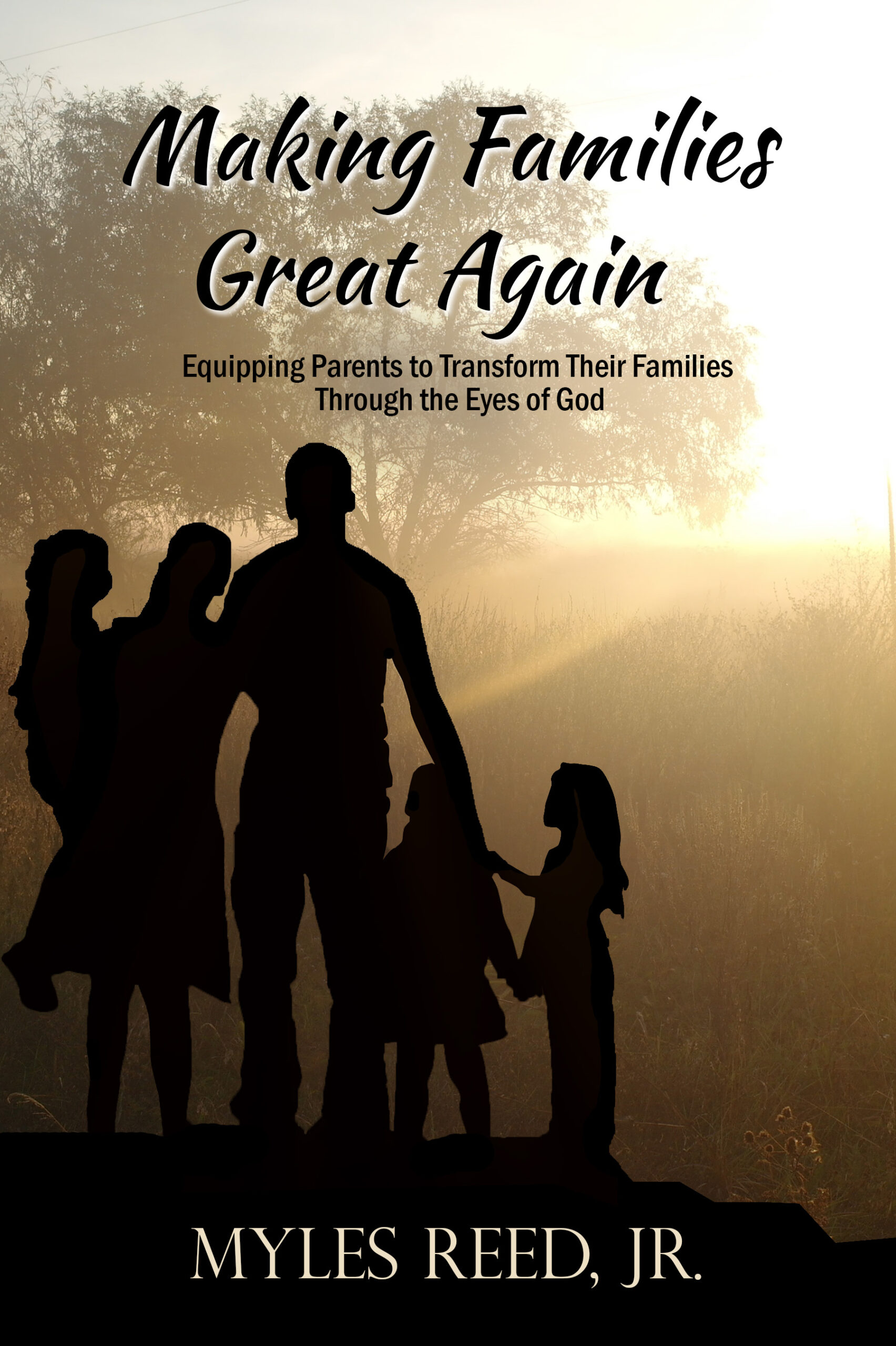
To Finish, Start.
Without beginning, you can’t reach the end. Garrison Keillor once said we don’t know how to tell a story until after we’ve told it a dozen times. That’s saying we must start somewhere, allowing ourselves to do poorly so often that we can soon do very well.
Using a Novel Approach
A novice salesman working on commission had a long list of customers he called upon to sell supplies. When a new product became available, how could he best encourage them to buy, helping his income? He didn’t want to mess up a good opportunity with a bad pitch. What did he do? Start with a few special customers who would forgive his mess-ups. Soon, he was ready for the presentations that mattered most.
Everybody has a life story that would make a book.
Your book should be written. In fact, your story must be told if you are to heed Jesus’ call to testify about him on Earth so he will testify about you in Heaven (Matthew 10:32). Writing a book is a worthy goal, but it isn’t the best way to start.
When writing to an audience who knows you very well, you’re forgiven for your boredom. But if you want to be heard by strangers, you must somehow find a way for your fire to light theirs. Not only must you have a story that makes a great point, but you must also have a problem at the beginning, with a questionable outcome. And you must tell the story from the perspective of the one who has the problem, not someone who is observing the problem.
Answer these simple questions in a few words:
- Who was I in the beginning?
- What happened to force a change?
- When and where did this take place?
- What obstacle did I face?
- How was God involved?
- What did I learn and who did I become?
Give brief answers.
Write a few sentences or short paragraphs to make each answer more clear. Now you have a story you can tell in just a few minutes over coffee with someone. After you’ve told it a dozen times, you’ll know what approach works best, what interests people and what doesn’t. Then you’re ready to tell your story to strangers, where it will make the most difference.
With a match, you can set the world on fire.
Look for ways to move readers from watching the fire to being in the fire. Needless filler and flowery words that call attention to themselves are throwing dirt upon the fire. So strike the match and let your story grow in personal presentations, emails, blogs, articles, and perhaps a great book.




 Character is a critical key to becoming a person of quality, and it starts in the home!
Character is a critical key to becoming a person of quality, and it starts in the home!